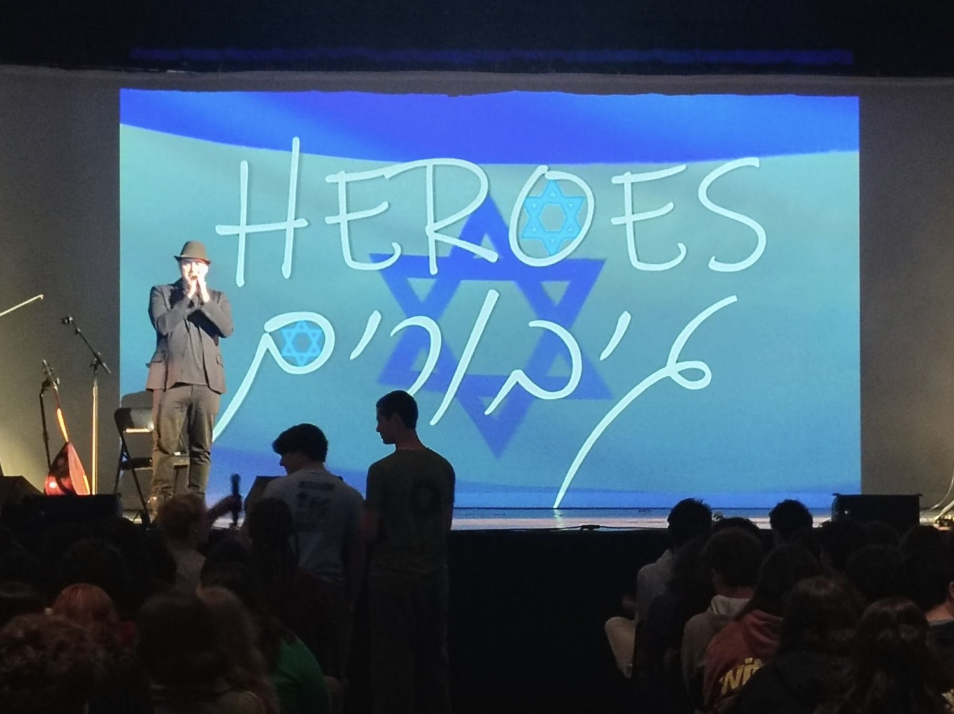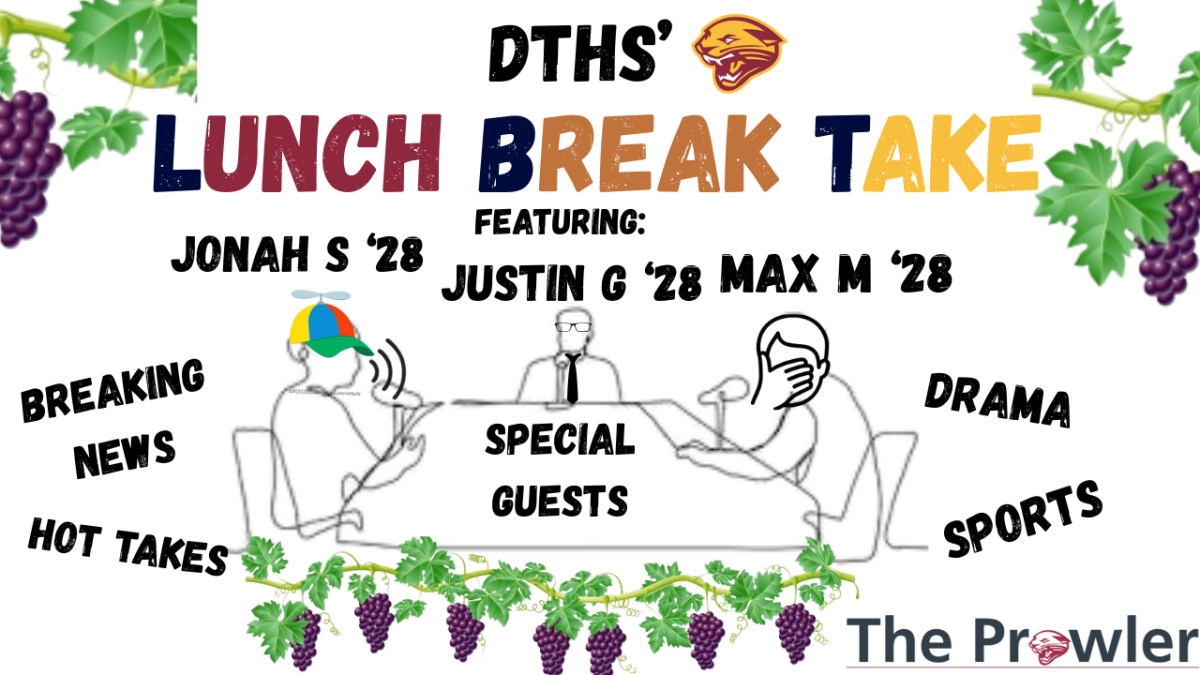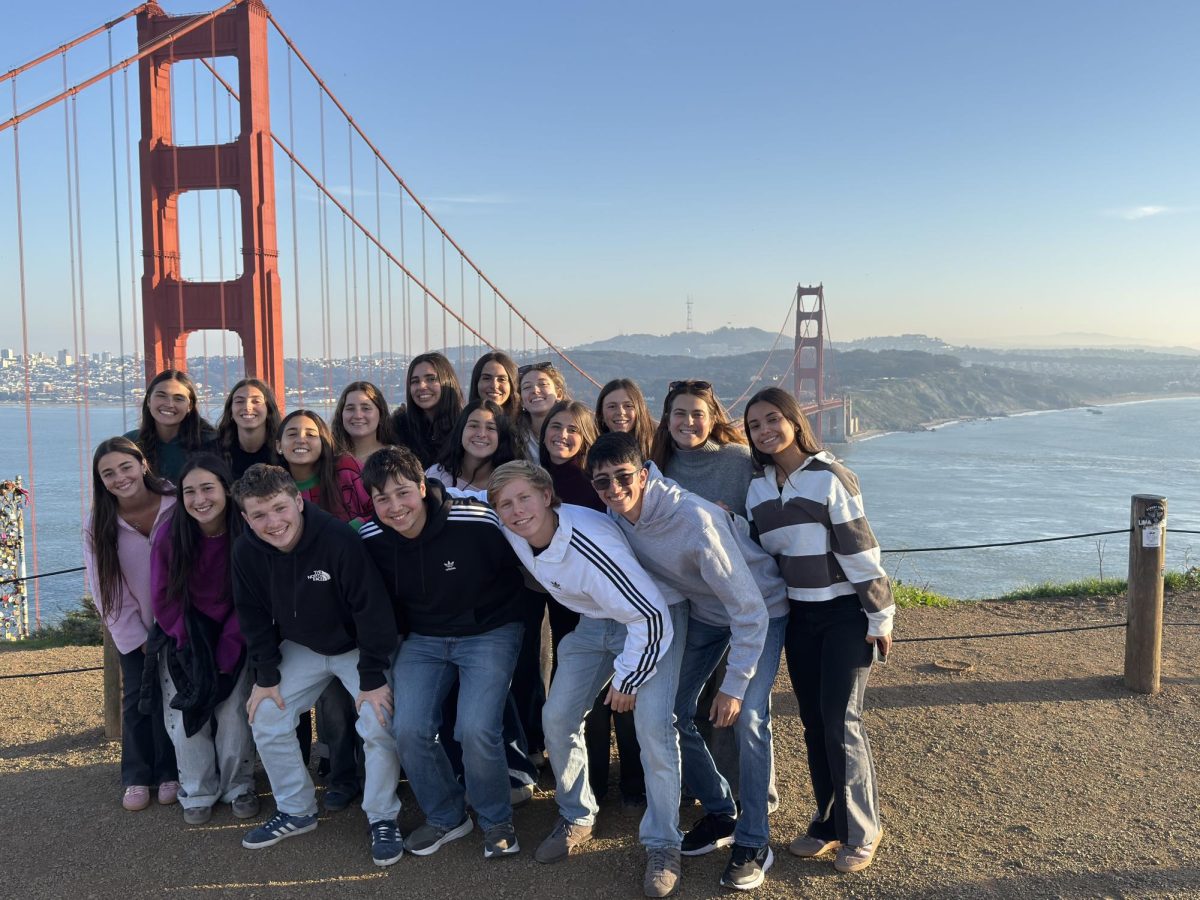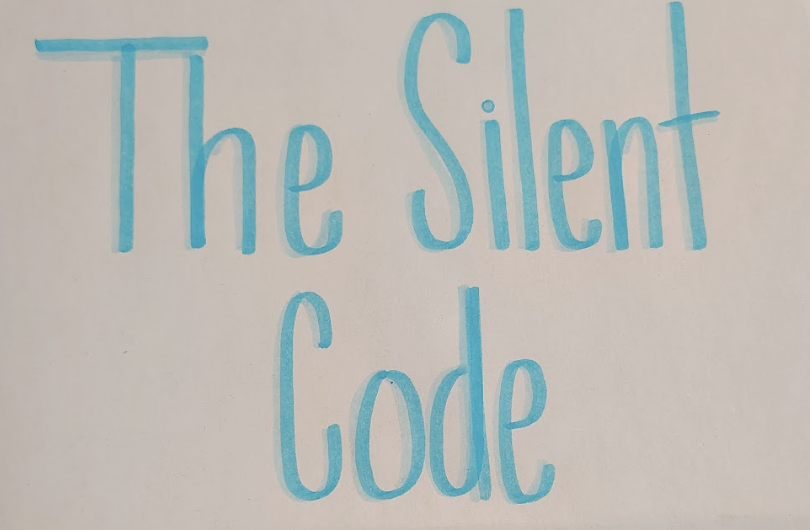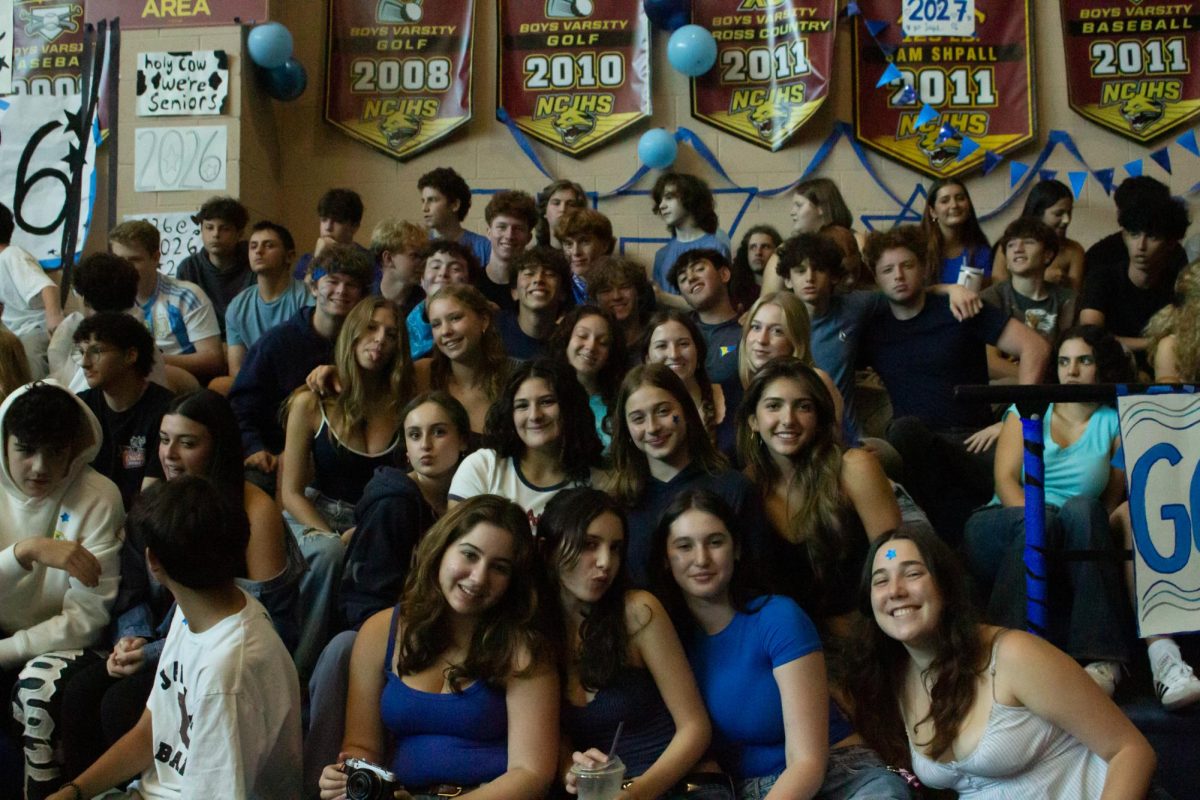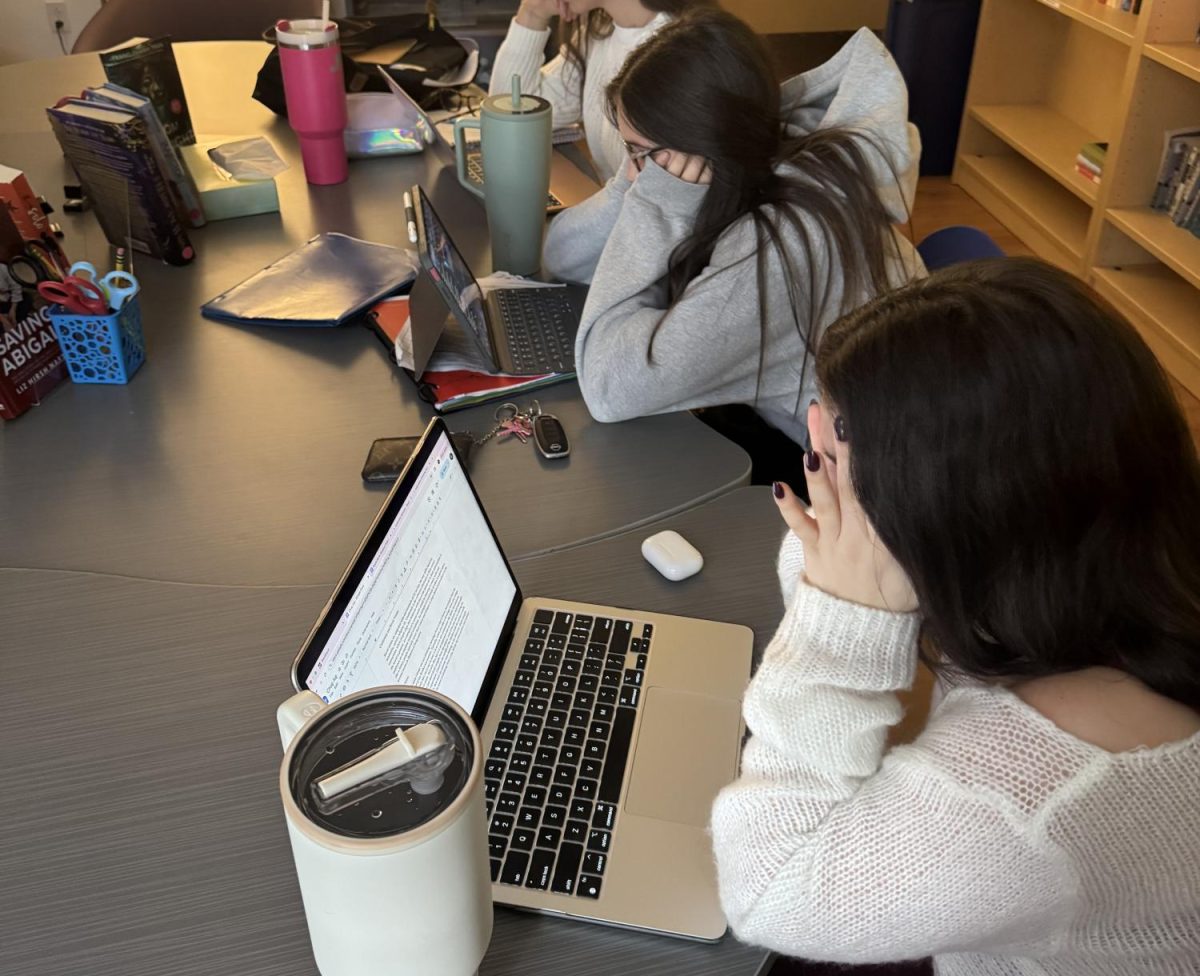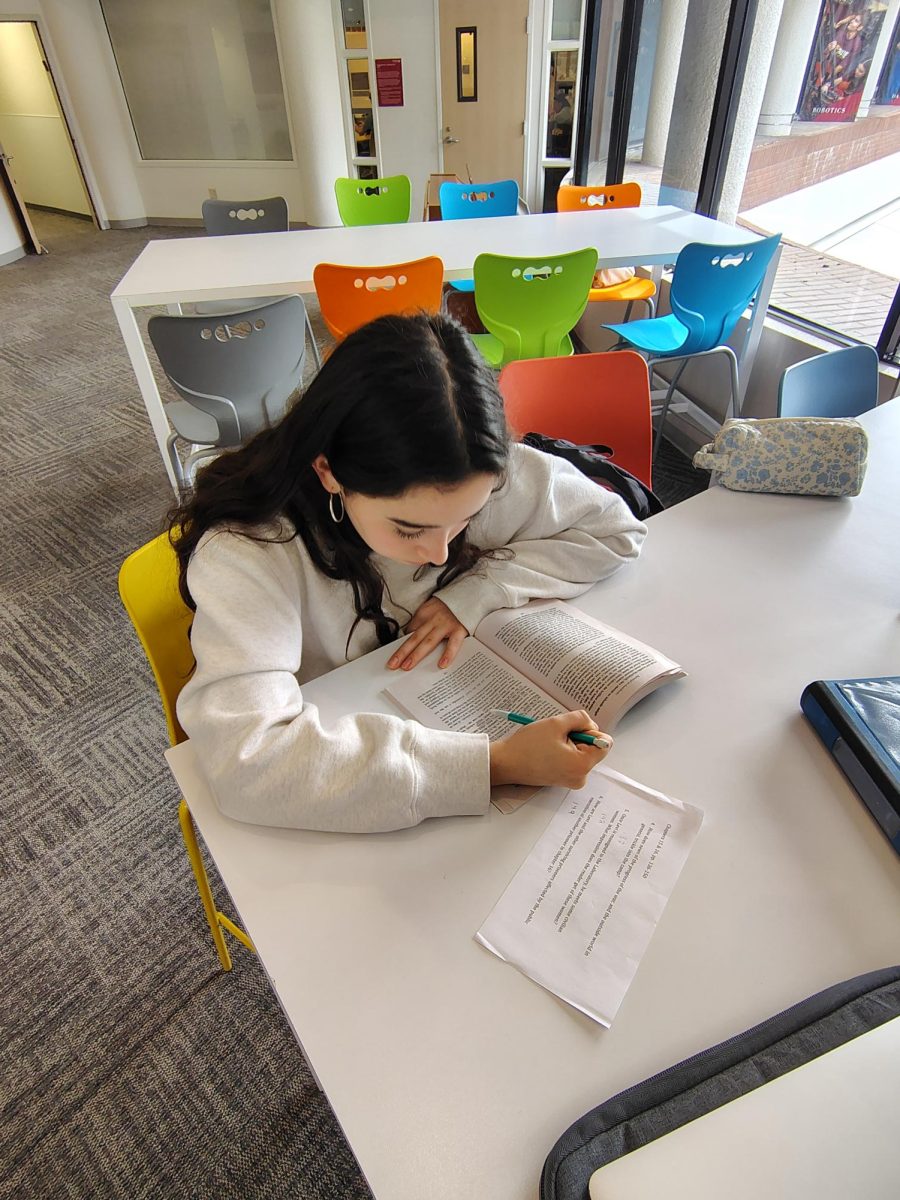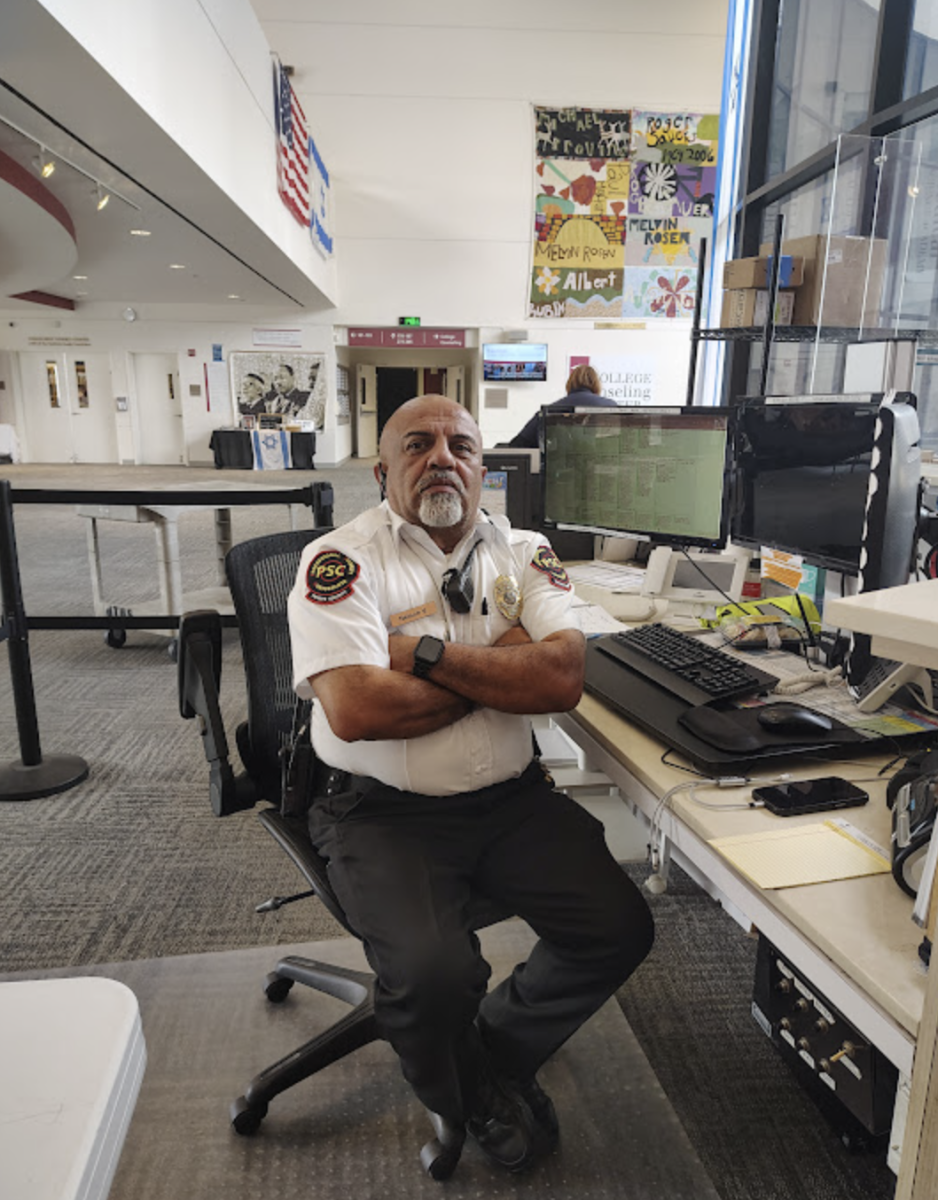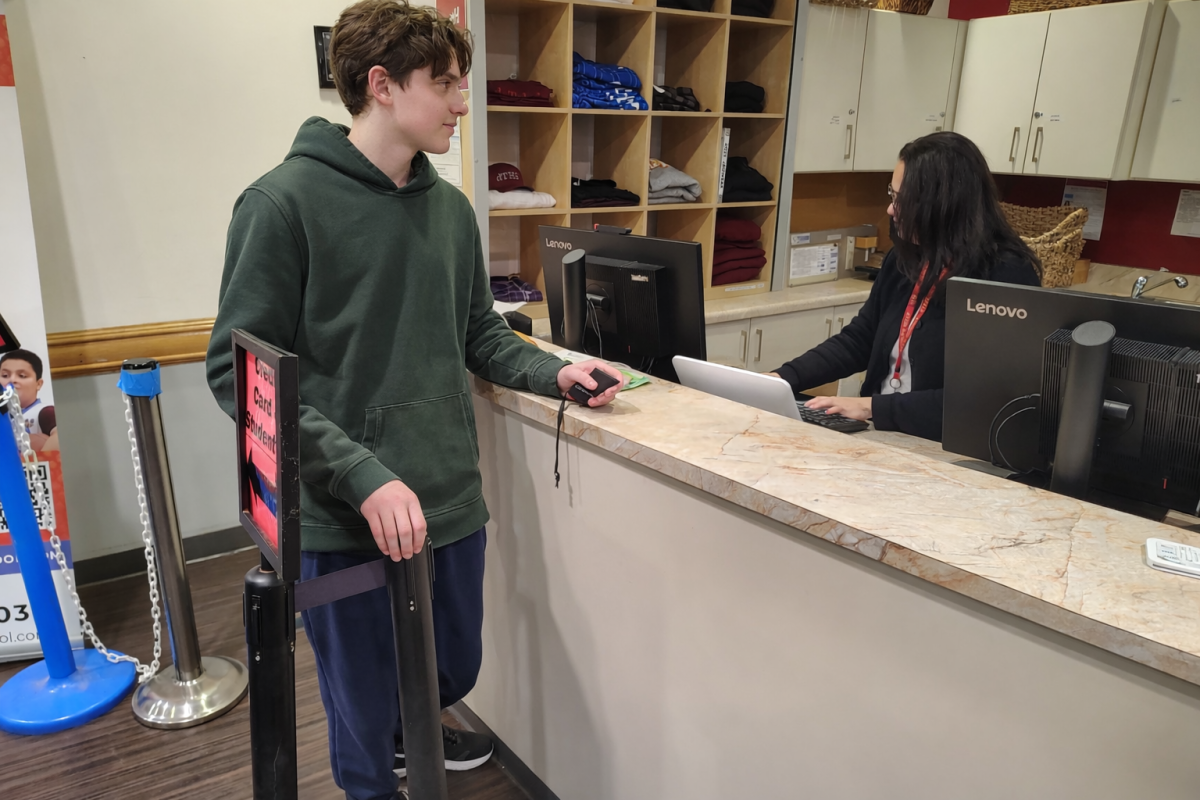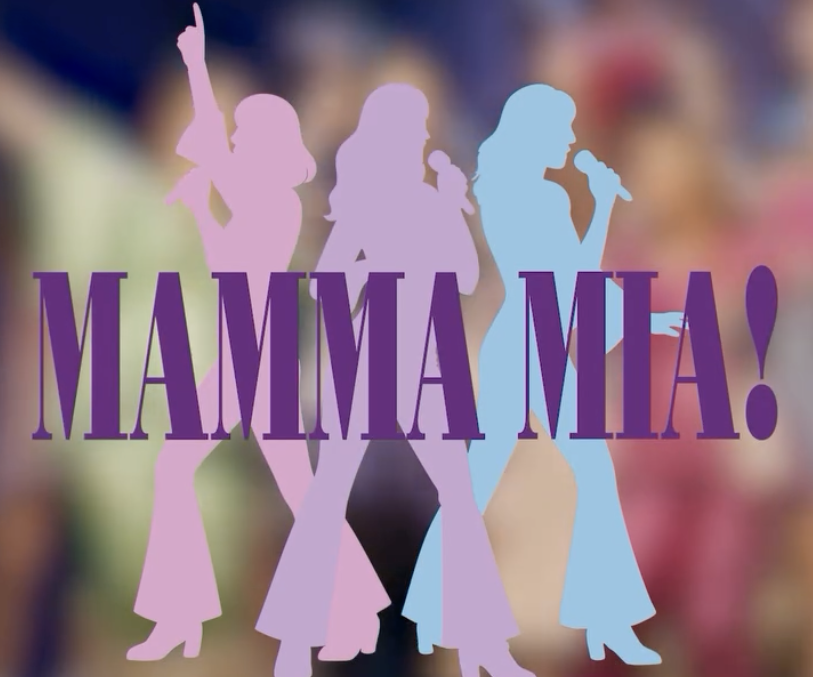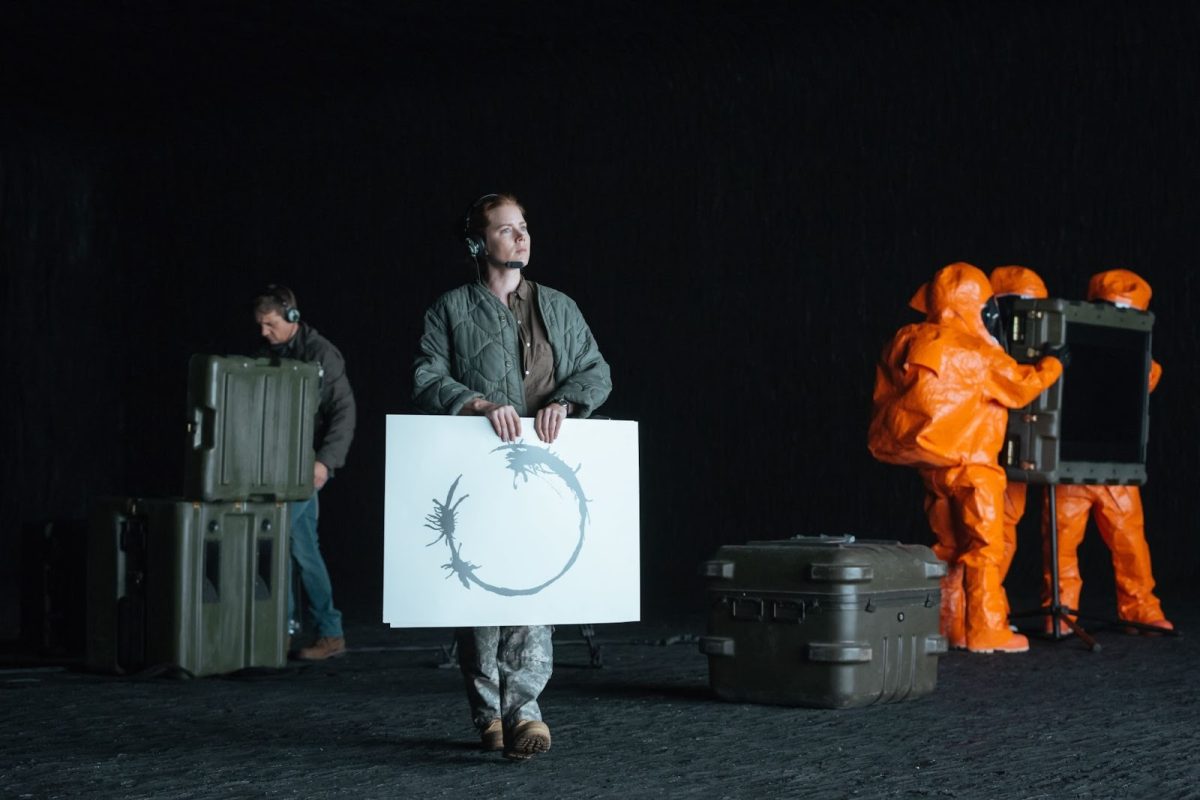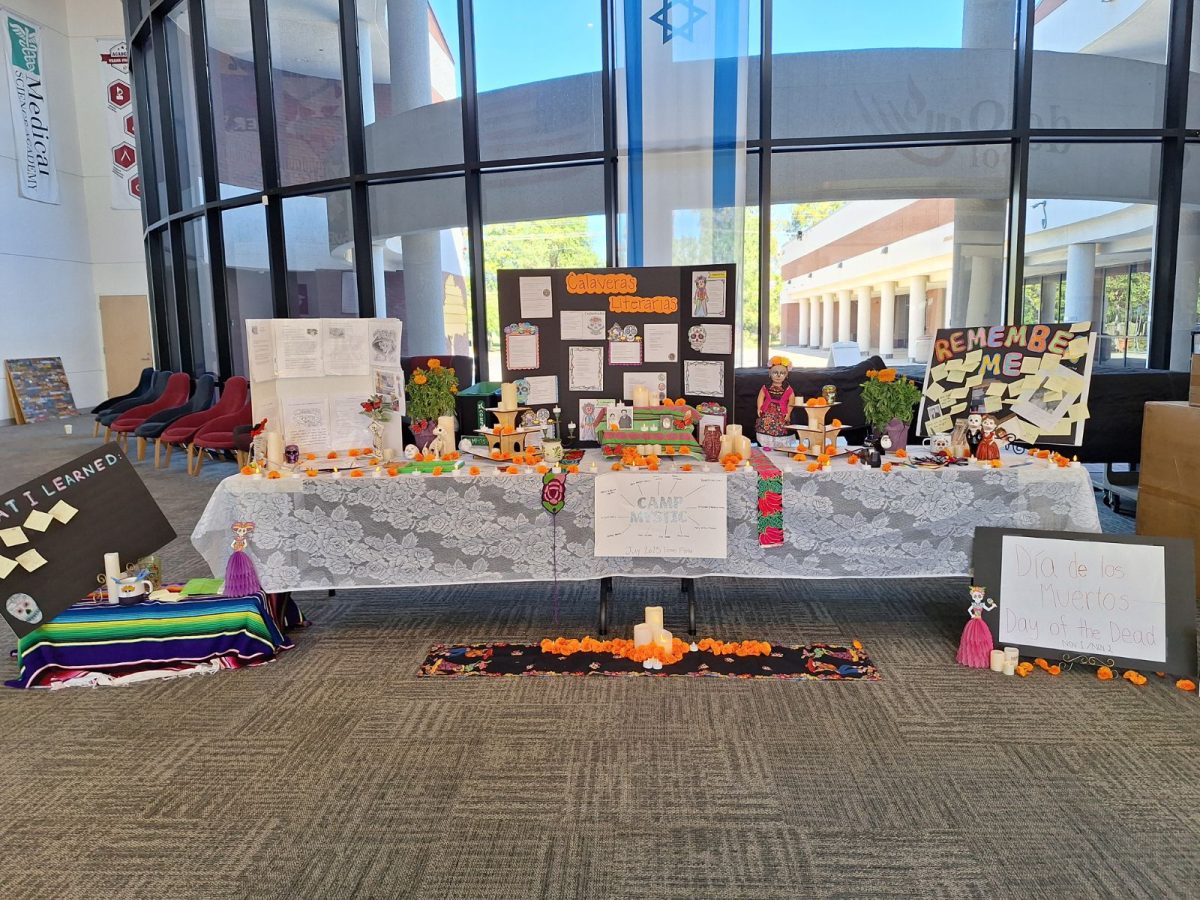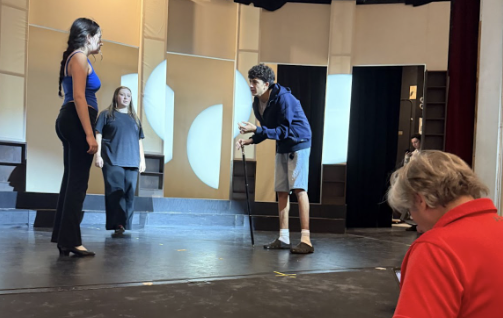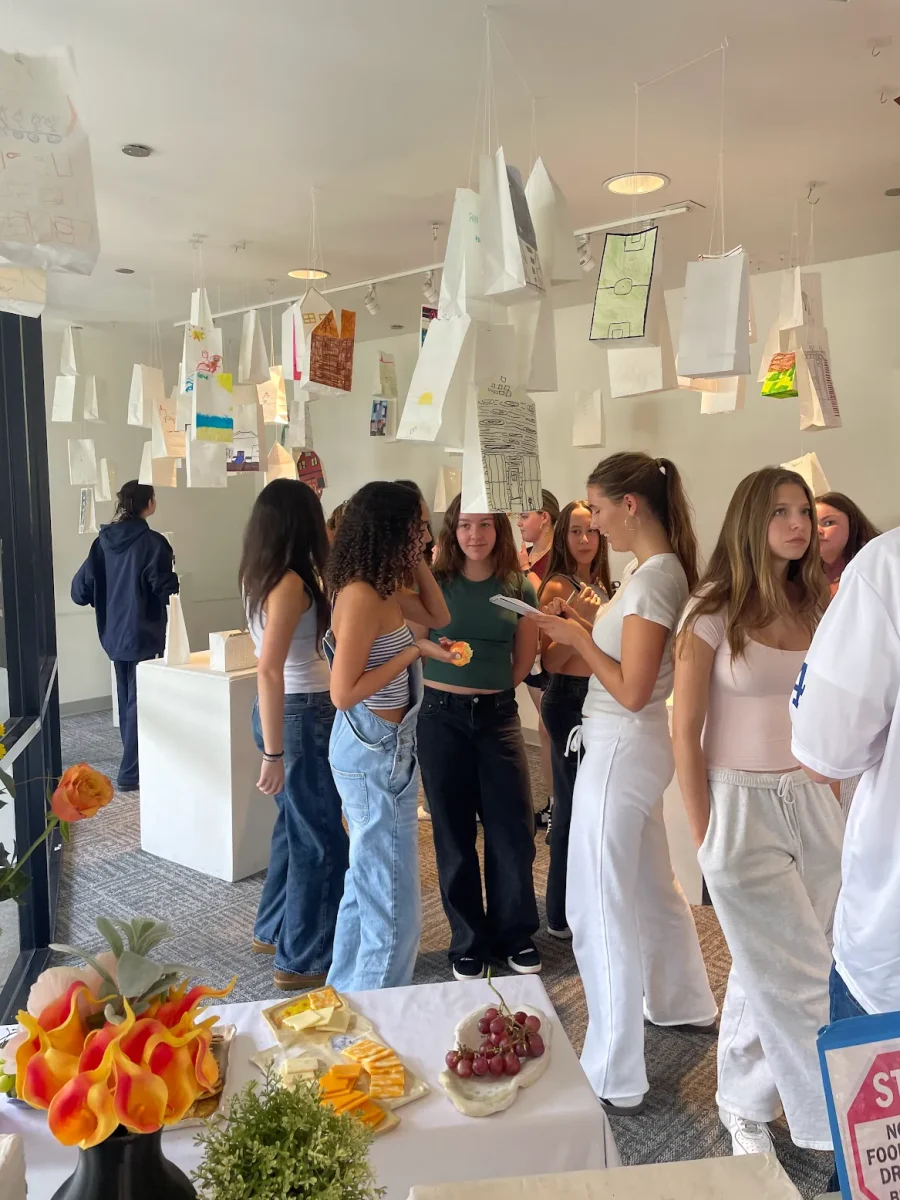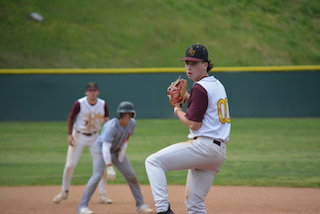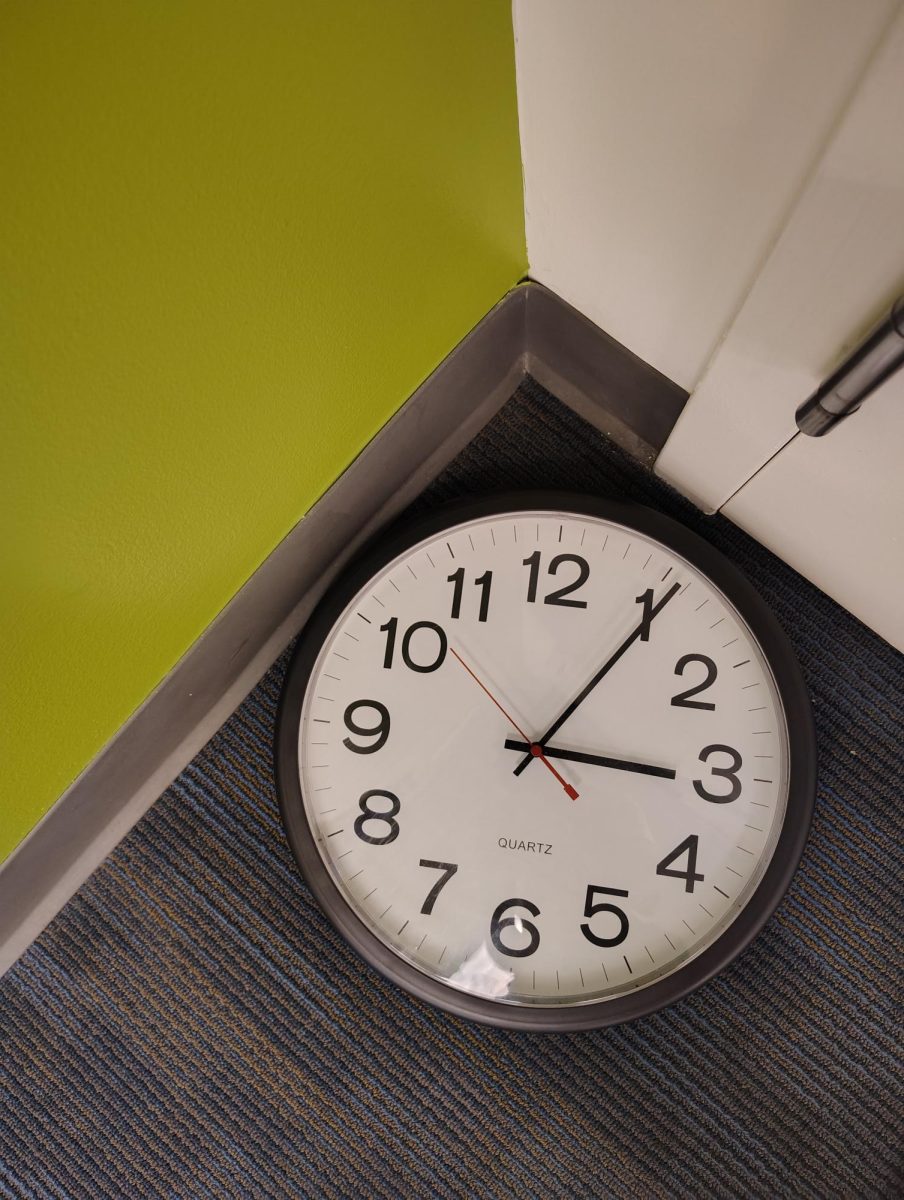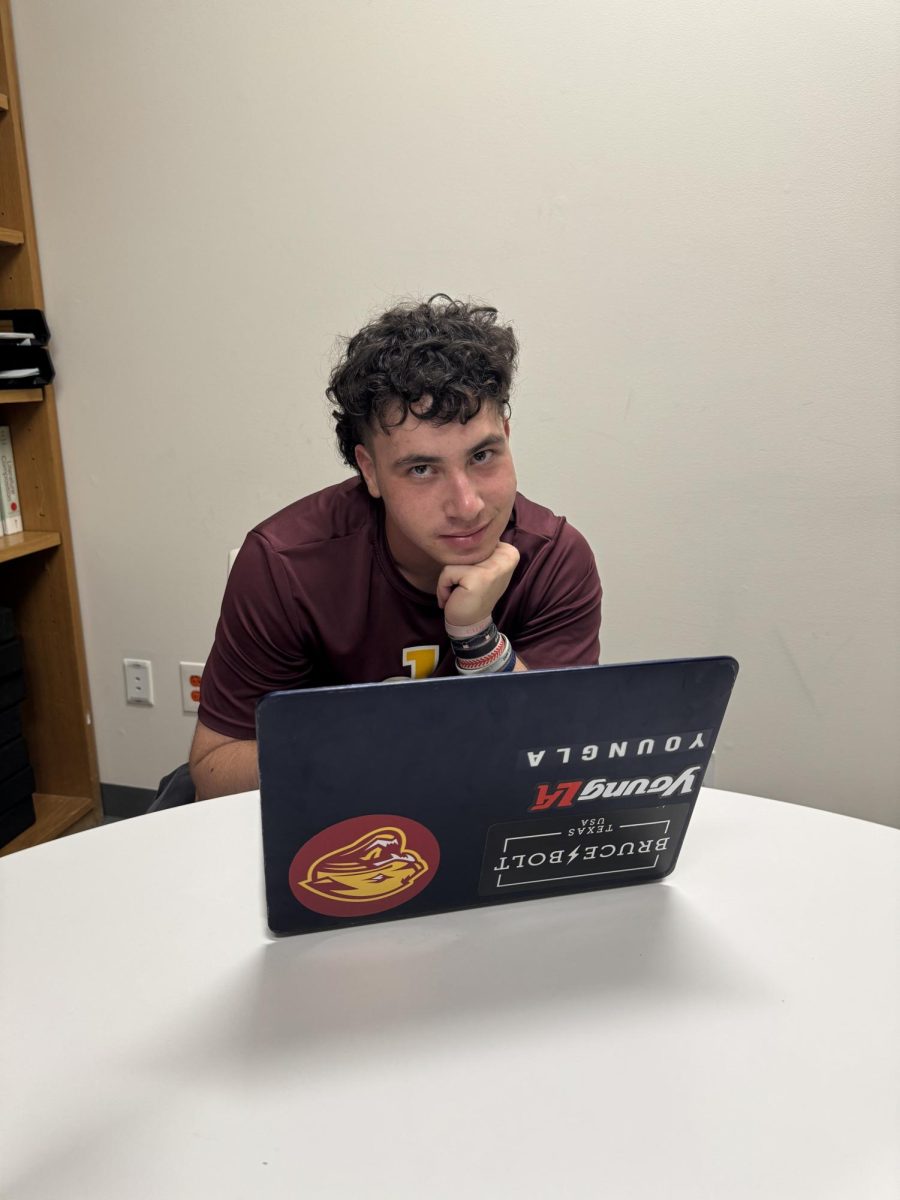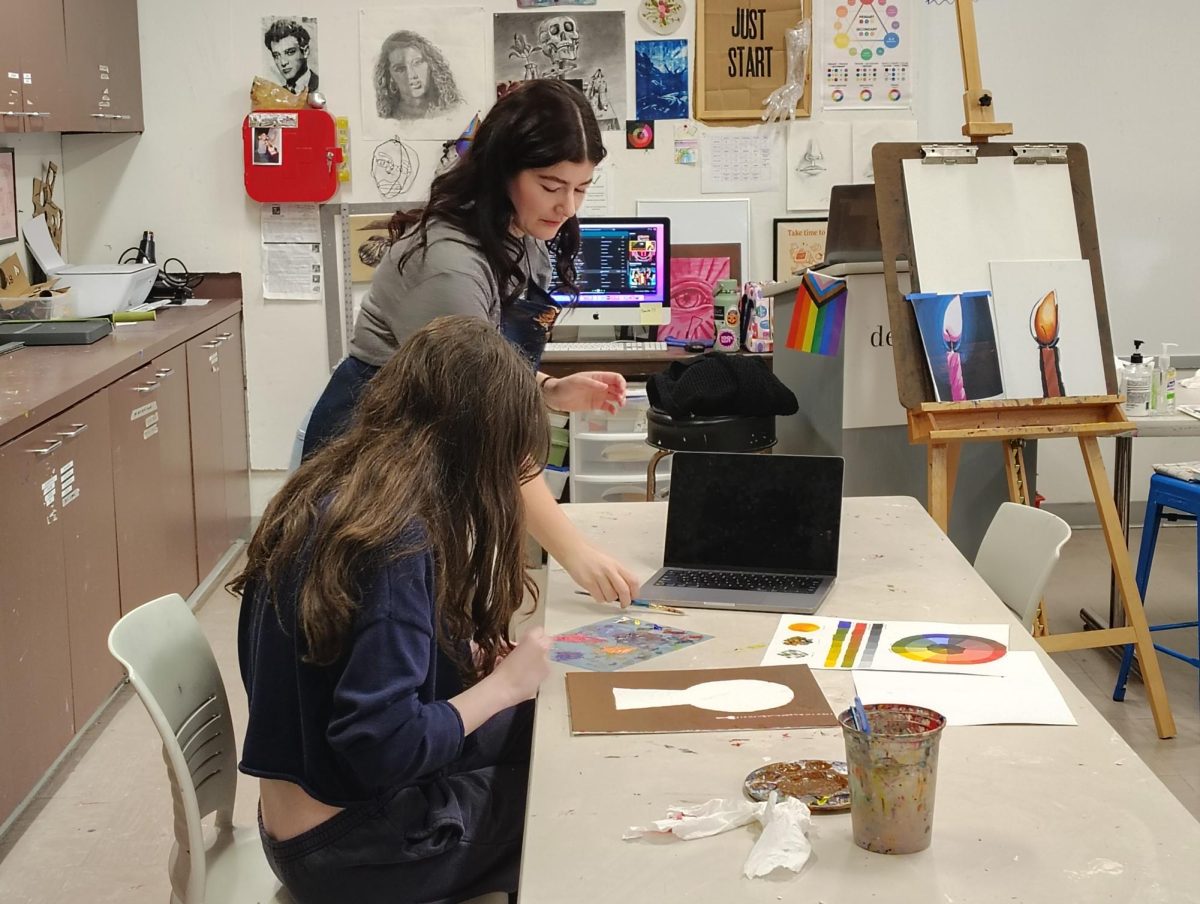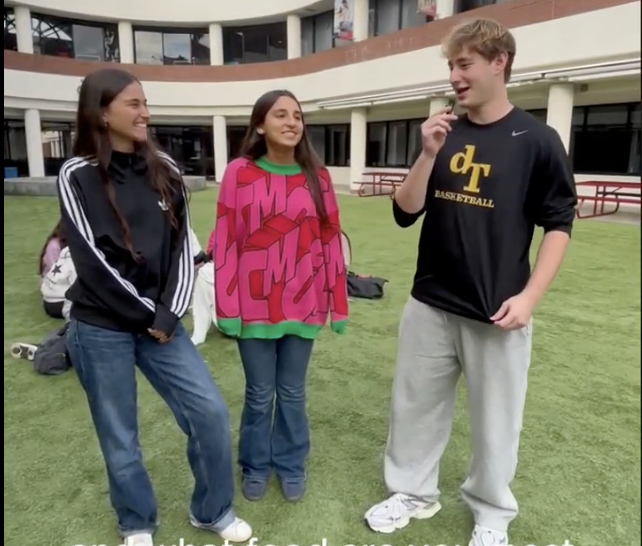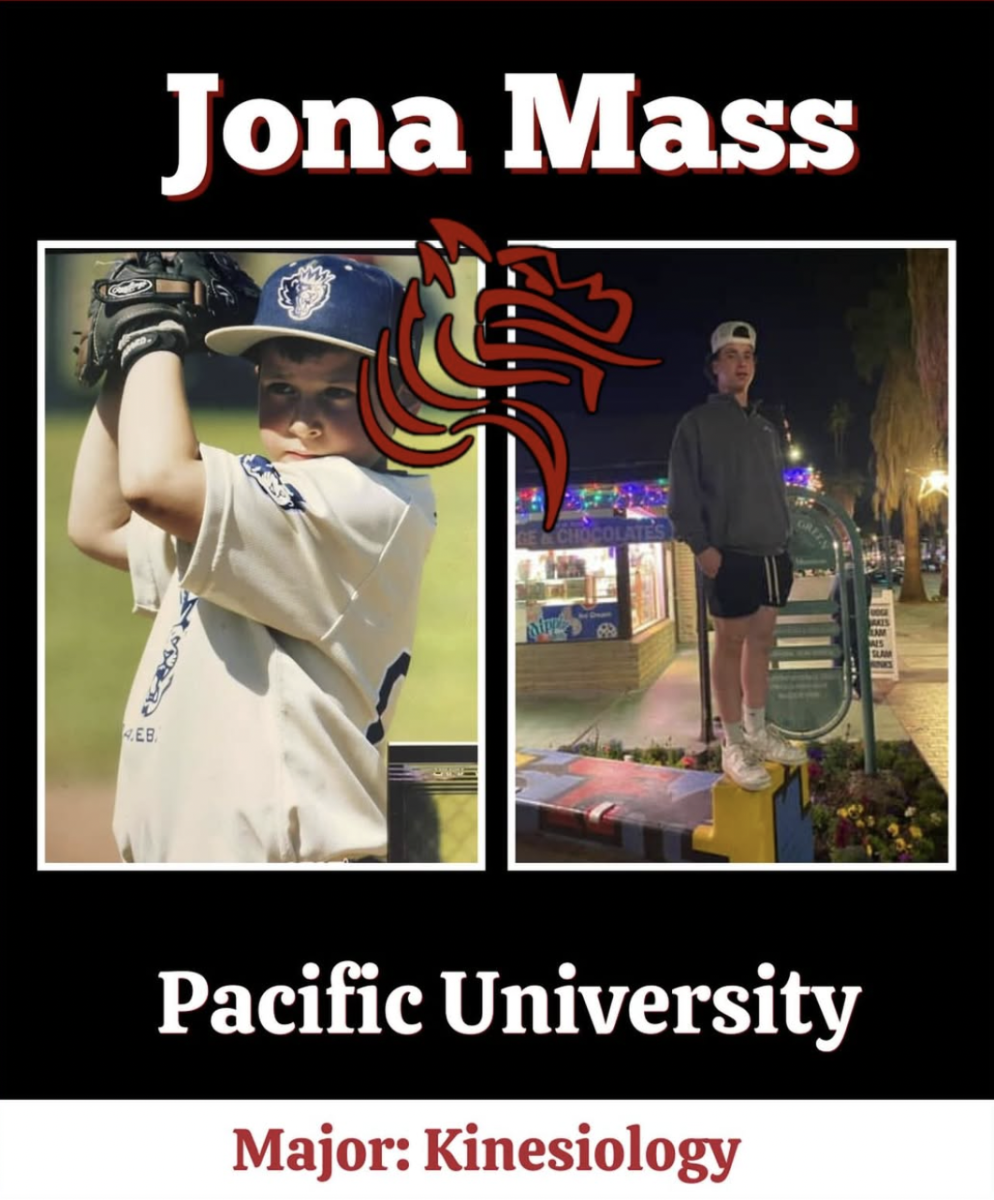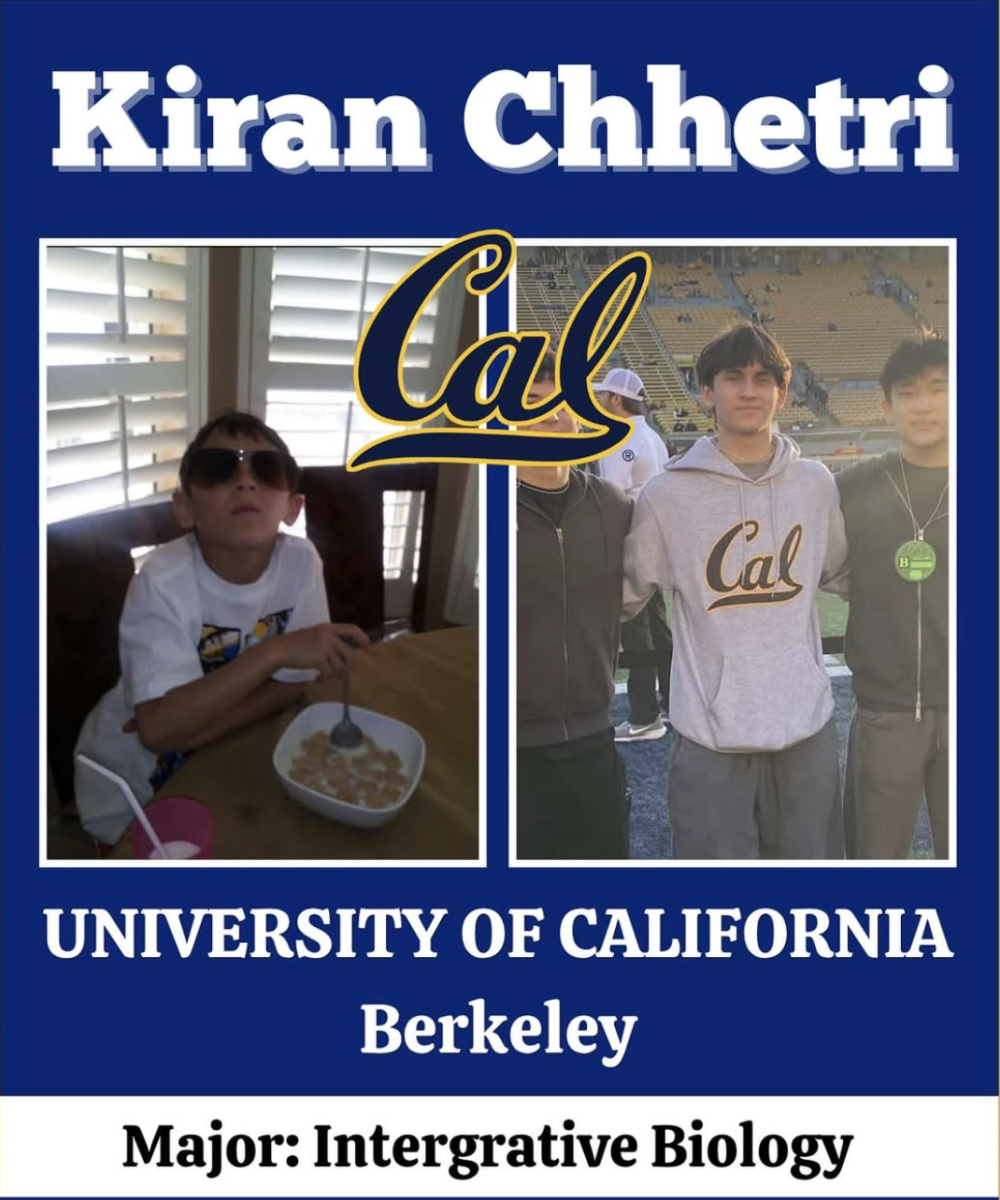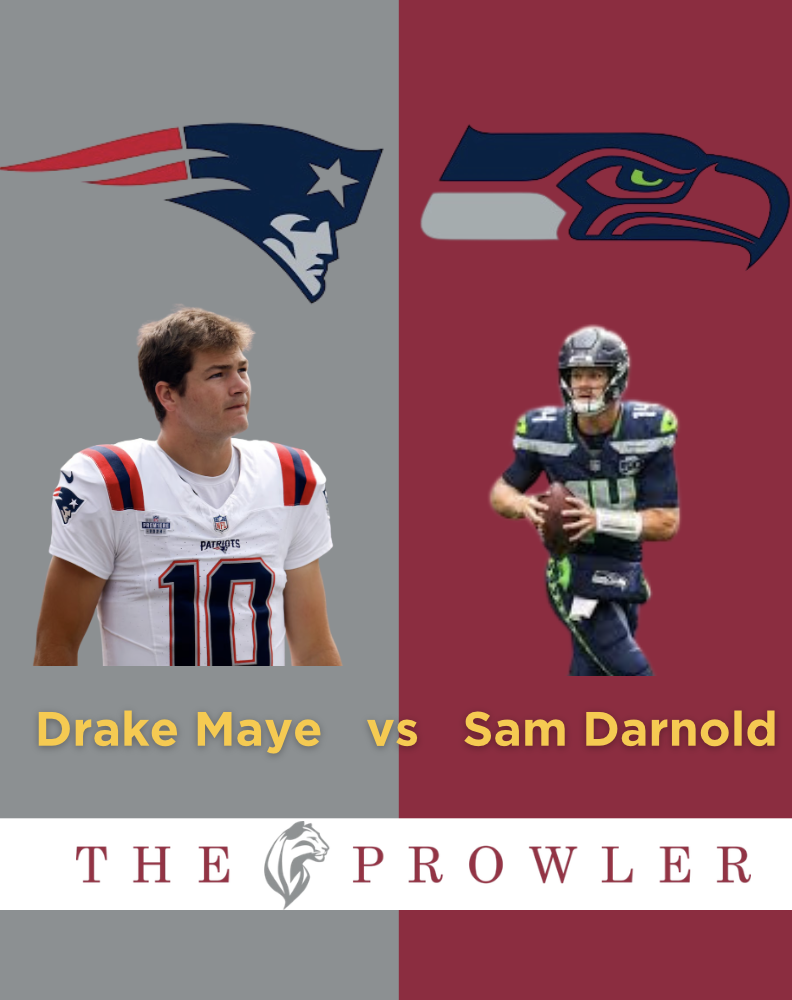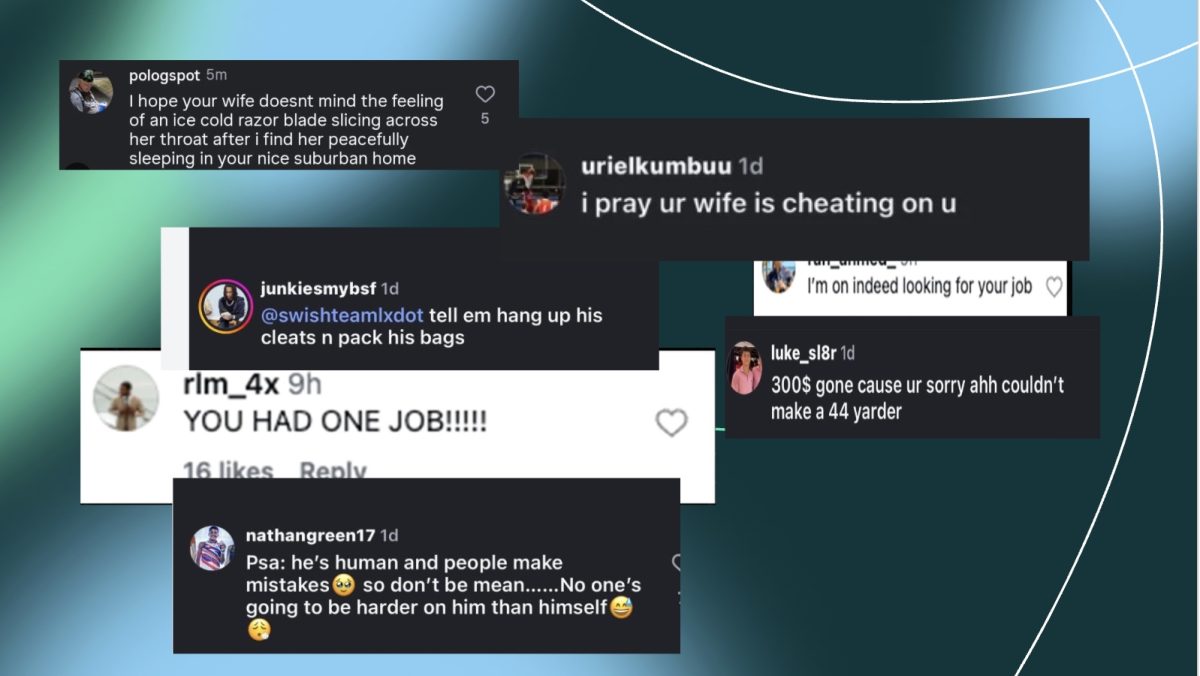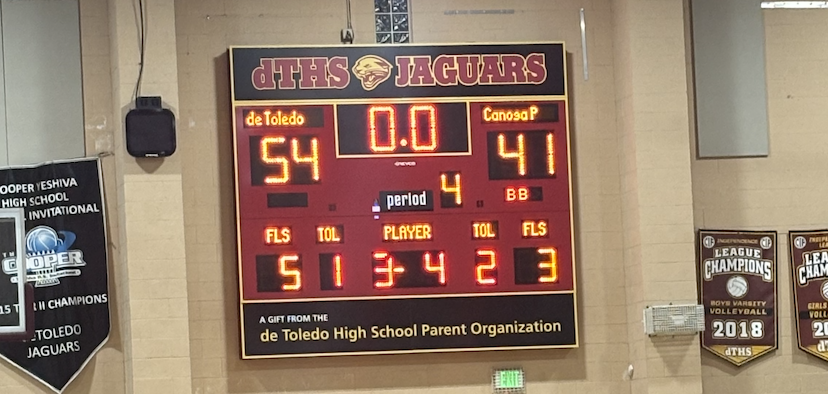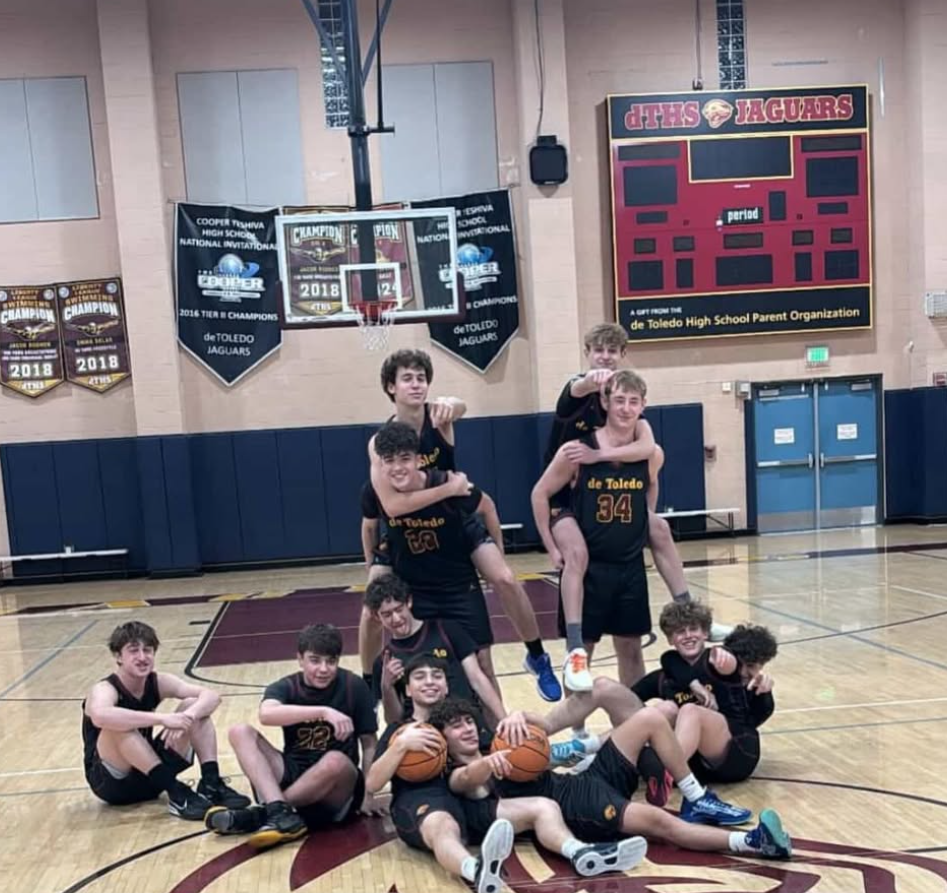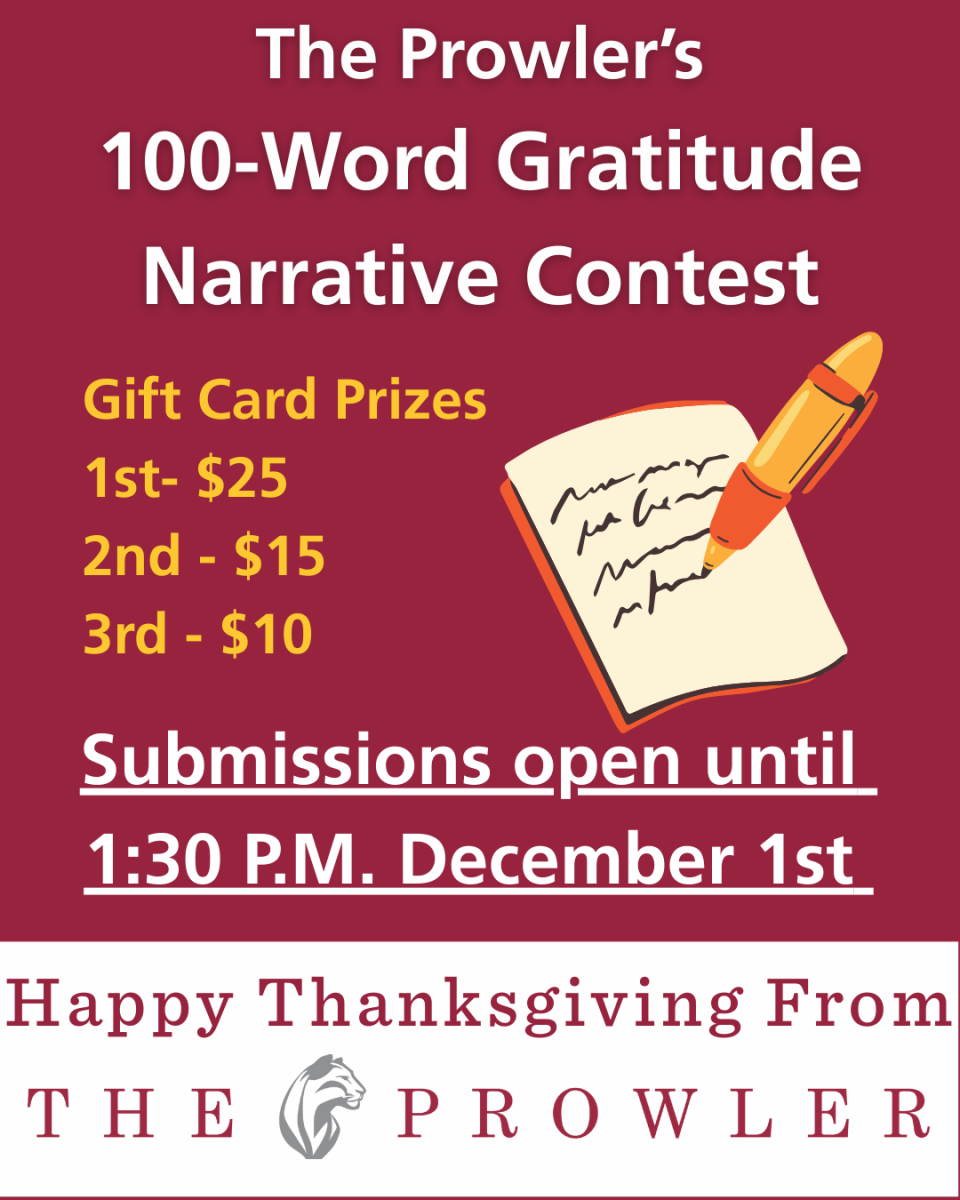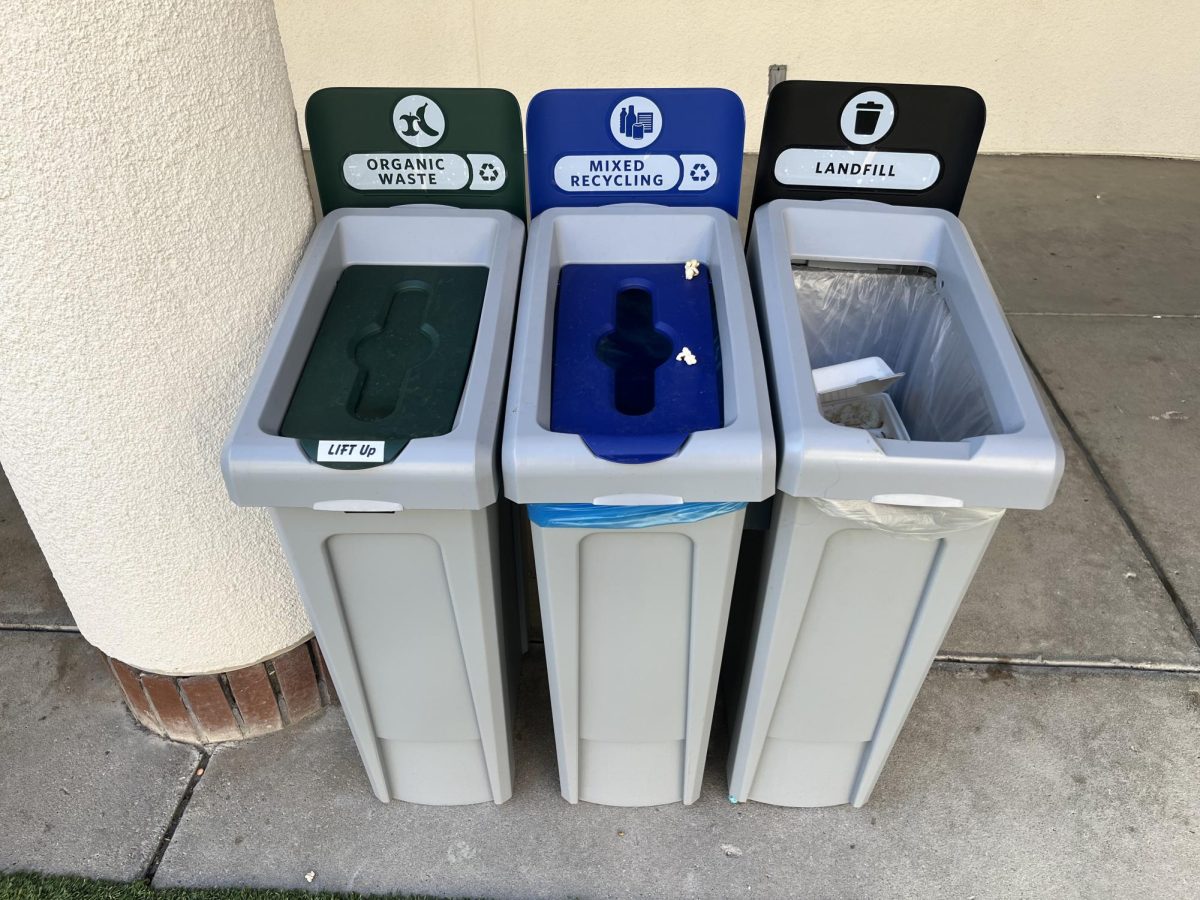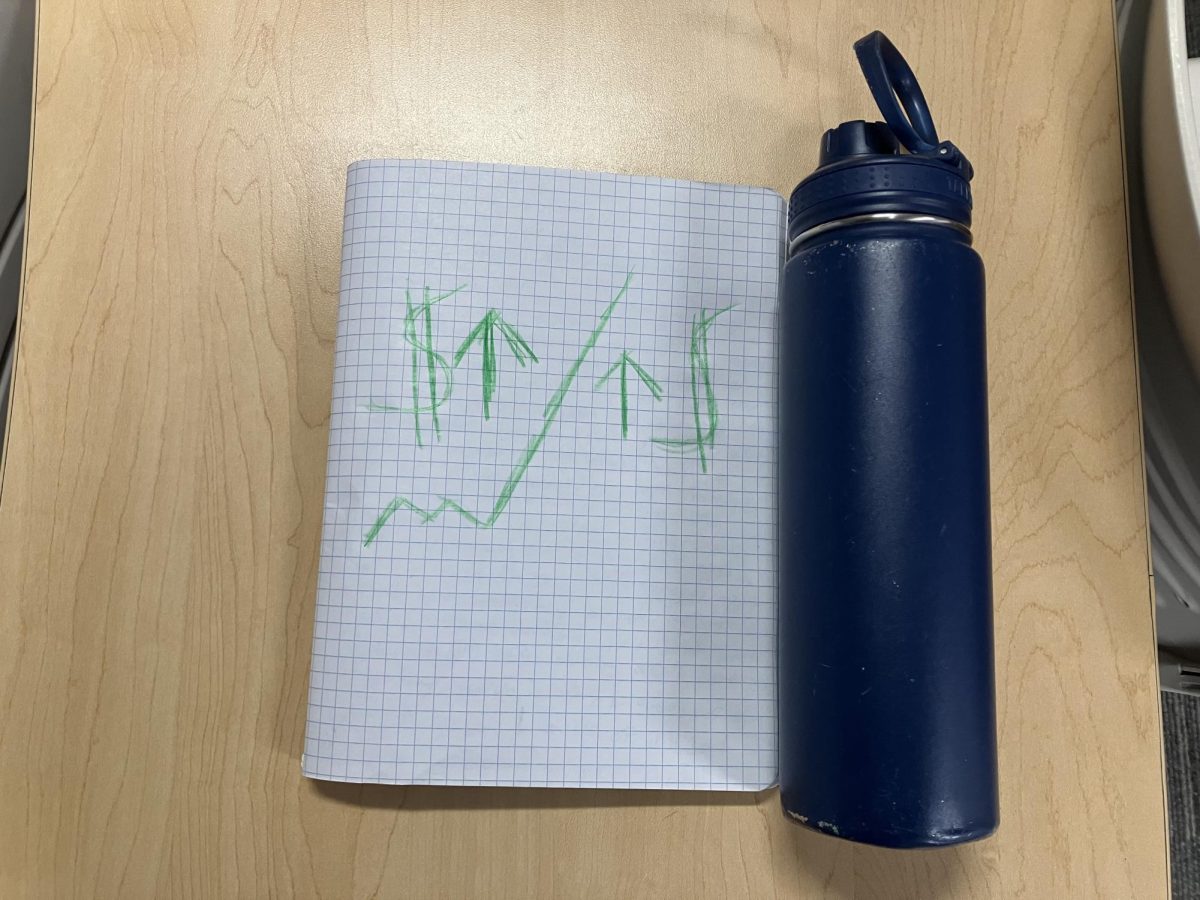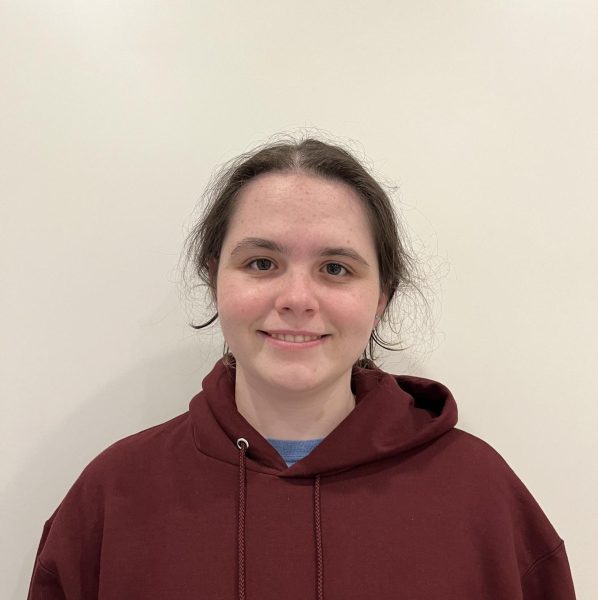The green bins are here, and, with the help of the dTHS students, the landfills will be saved with no more compostable material getting in.
The California Senate passed a new law in 2022 that homes and schools have to start composting.
dTHS facility director David Marcus said in an interview last week, “There was a Senate law, 1383, that was passed, and every school and home in the state of California had to have a composting bin at their disposal.”
“Soon we’ll have the three trash cans,” Marcus said. “The green, blue, and black trash cans. We will also have a meeting with the whole school on how to use them all.”
The composting trash cans will help the landfills have less compostable food in them. What you throw in the black bins or trash cans goes into landfills, or garbage dumps.
Landfills are usually meant for broken furniture, metals, and non-recyclable plastics, not food. This is why there is composting. It helps with the amount of discarded food and it creates fertilized dirt. Rich and perfect for plants to grow in.
The new green trash cans that are coming to the school will be used instead of the smaller composting bin that is in the back near the garden.
A composting service comes and collects the organic food waste.
According to CalRecycle, “organic waste” includes food, green material, landscape and pruning waste, organic textiles and carpets, lumber, wood, paper products, printing and writing paper, manure, biosolids, digestate, and sludges.
The items are the exact foods you eat and stuff that are made out of trees, like paper plates and napkins, as they are compostable if you remember from elementary school about composting.
CalRecycle Organics dTHS poster
Compost is everywhere under our noses. Composting is a process in which dirt digests foods, plants, or feces to make rich soil to help plants grow big and strong.
Most things don’t compost for a long time. Scientists agree that it takes at least 100 years to get an inch of topsoil, and it varies depending on climate, vegetation, and other factors, which is why we have faster ways of making rich dirt, like city-wide or home composting.
For anyone who remembers the cartoon The Magic School Bus go to 16:00 and watch a log decompose and turn into a tree.
People are allowed to go to a huge composting facility and get some free soil for their plants. It really helps the community keep clean. If you can’t get there, then there is individual composting.
Once I heard all of this, I wanted to try it out myself. It might be hard, but the results are amazing!!
There are many explanations of composting. I know a couple of things about a specific kind of composting. This was a long time ago when I first saw Worm Composting.
A worm box contains dirt and tons of worms in the dirt that eat the old food that is half eaten.
You have to keep the dirt moist or the worms will die and also feed them or they will start to eat the dirt to stay alive. You will also have to turn the box once in a while to mix the food in the composter or the food will never be eaten. The worms are at the bottom of the composting bin so someone has to turn it so that you want to have the worms up at the surface.
When they are, you then put banana peels, orange peels, or full fruit, veggies, bread, and other foods that the worms eat, and their poop becomes fertilizer in the dirt and becomes rich soil to plant veggies, fruits, and other things in. It takes a while for the worms to eat everything, but it’s worth it as you will have your own fertilizer for your garden. Pretty interesting right?
What will happen if we don’t compost?
Meat and foods that don’t get composted will go bad and that will cause something called Methane, a colorless, odorless flammable gas which is the main constituent of natural gas. Now that is scary. Just imagine that gas going all over the place and when you light a match you might die from the sudden gas fire.
Methane is a greenhouse gas that contributes to global warming. The cause of that is food going into landfills.

